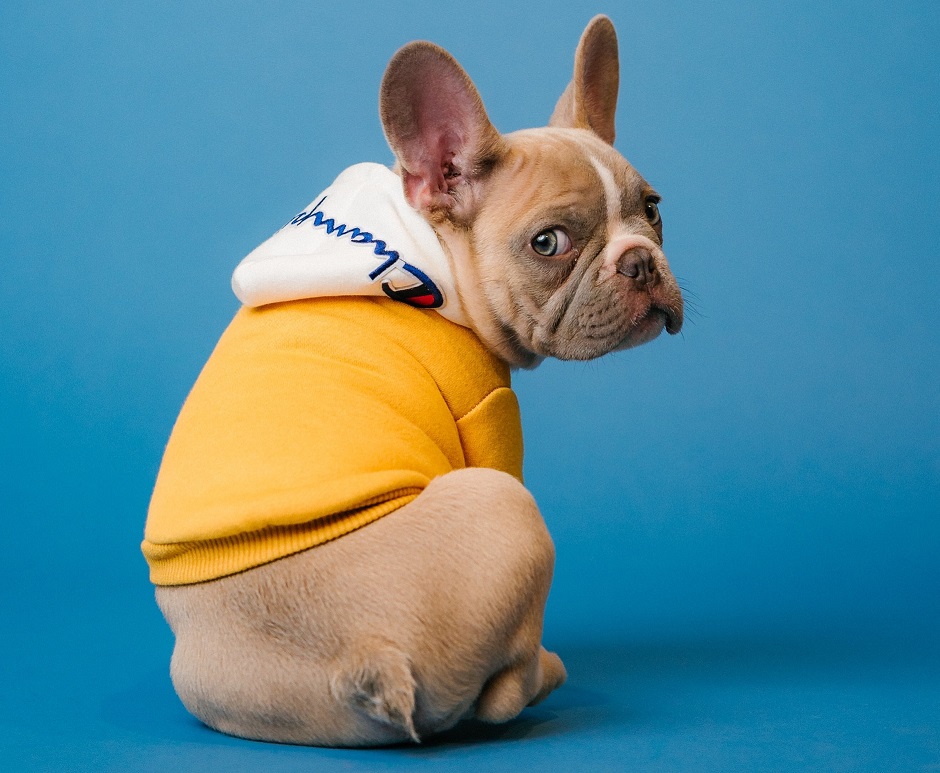How Did Dog Meat Eating Become Popular in South Korea? New Dog Meat Ban Sheds Light on Industry’s History
South Korea, a nation with a rich cultural heritage and a rapidly advancing economy, has recently made a historic decision that marks a significant turning point in its societal norms and practices. The country’s parliament has unanimously passed a law banning the production, distribution, and sale of dog meat for human consumption.
When Does the South Korea Dog Meat Ban Take Effect?
This decision, which will take effect after a grace period of three years, has been met with both applause and criticism. This article aims to provide an in-depth exploration of the history of dog meat consumption in South Korea, the factors that contributed to its popularity, and the reasons behind the recent decision to ban the industry.
Historical Context
The consumption of dog meat in South Korea can be traced back to the Neolithic period (6000–2000 BCE), alongside other early civilizations in East Asia. Archaeological evidence suggests that dog bones from this period display signs of dog meat consumption. However, most scholars agree that dog meat has never been a key part of the Korean diet.
During the Silla (57 BCE – 935 CE) and Goryeo (918–1392 CE) periods, the practice of consuming dog meat was uncommon as Buddhism, which advocated vegetarianism, was prevalent. The rate of consumption, legislation, and cultural practices surrounding dog meat have changed over several thousand years.
The Rise of the Dog Meat Industry in South Korea
The tradition of consuming dog meat in South Korea stemmed in part from the needs of ordinary people with limited access to beef and other meat. As the country developed, dogs surged in popularity as pets, with an estimated 6 million in Korean homes. However, the dog meat industry also grew, with government statistics showing over 1,000 dog farms and about 1,600 restaurants selling dog meat dishes.
Dog meat stew, called “boshintang”, was considered a delicacy among some older South Koreans. However, the meat was no longer popular with young people. According to a Gallup poll, only 8% of people said they had tried dog meat in the past 12 months, down from 27% in 2015.
Why Did South Korea Ban Dog Meat Eating?
The recent decision to ban the dog meat industry in South Korea was not made lightly. It was the result of decades of deliberation spanning multiple administrations. The current President Yoon Suk Yeol and the First Lady Kim Keon Hee, known animal lovers who own six dogs, have been outspoken champions of a dog meat ban.
The ban, which was passed with 208 votes in favor, none against, and two abstentions, will take effect after a grace period of three years. Starting in 2027, those who breed, butcher, distribute, or sell dog meat for human consumption may be jailed up to three years or fined up to 30 million won ($22,800).
The decision to ban the dog meat industry was driven by several factors. One of the main reasons was the shift in societal attitudes towards animal protection. Another reason was the demographic decline of the minority that consumes dog meat. The increasing number of dogs owned as pets and the public backlash fueled by animal cruelty concerns also played a significant role.

As aforementioned, the ban on the dog meat industry in South Korea represents a significant shift in societal norms and practices. While it has been met with frustration from dog farmers, who are expected to organize further protests and file an appeal to the constitutional court, it is a testament to the country’s evolving attitudes towards animal welfare and protection.
As South Korea continues to advance and develop, it is clear that the welfare of animals, including dogs, will remain a priority.
Explore Related Articles

Viral TikTok Video Shows Horse Eating Tour Guide’s Shirt in Jamaica...
Vacationing in another country is always a great experience, because it allows you see many new things. For TikToker user 'user6354872712184', what she saw during her vacation probably isn't anything she imagined before going on a trip to the beautiful Jamaica.
A Horse Eating a Man's Shirt in Jamaica?
A viral...
Pepe Coffee Shop Goes Viral as Meme Coin Price Surges From...
In a surprising twist of events, a coffee shop in Moldova named Pepe Coffee has quickly become the latest sensation on social media, drawing widespread attention and sparking curiosity across the globe.
The Role of the Pepe's Coinbase Listing
This unexpected fame coincides with the recent listing of Pepe Crypto on...
Nigerian Boxer Efetobor Apochi Brags About Being ‘Pure African’ While Dissing...
A Nigerian boxer who got super disrespectful before a match is now viral after being embarrassed. Efetobor Apochi is the Nigerian Boxer who bragged about being "pure African" while talking down on Black people from America during an interview where he said, "I’m not a n****, I came to...






